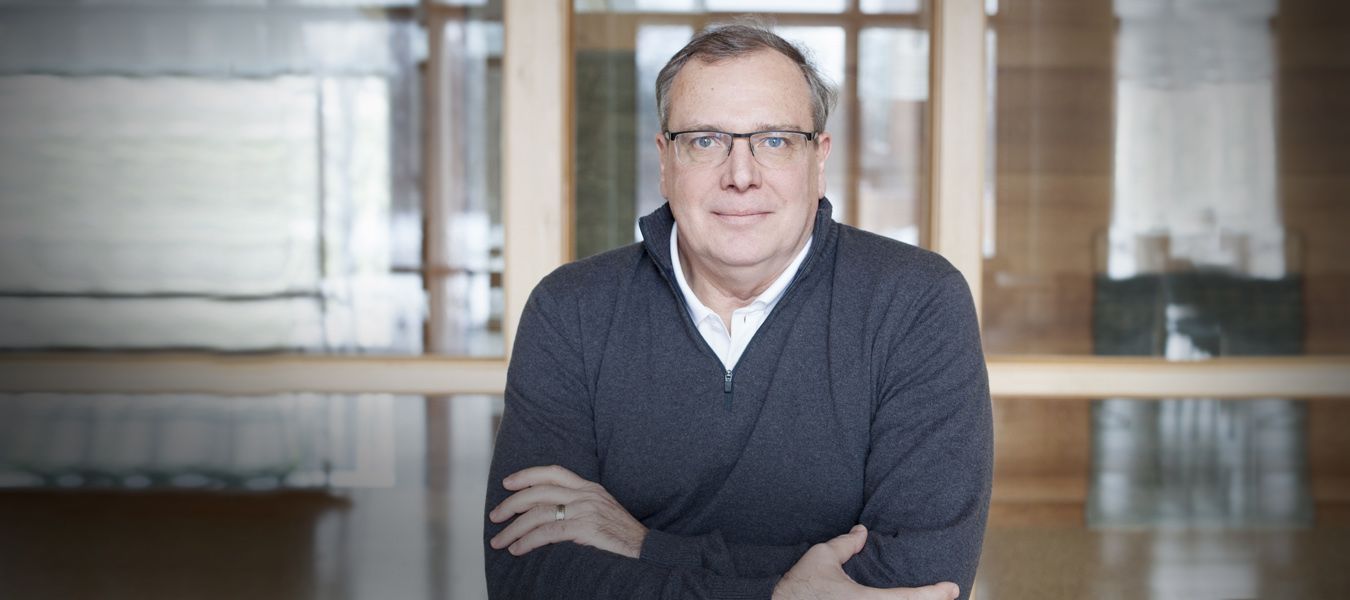
T'D'79 MHCDS’18
Matthew Gibb D’79, MHCDS’18
Chief Clinical Officer, Concord Hospital, New Hampshire
One of the biggest issues in health care is availability and access to care in a way that's fair.
The Journey
As a Dartmouth undergrad, it seemed to Matthew Gibb D’79 MHCDS’18 that everyone wanted to be a doctor. When an administrator asked about medical school at his freshman orientation, Gibb recalls 900 hands shooting up. Gibb himself was less certain about the profession, even as he worked his way through medical school on a Navy scholarship. Then, when he began seeing patients in his third year of medical school, all doubt disappeared. “I never focused on the accolades of being a physician,” he says. “It was always about what I could do with it.”
The Calling
During his 12-year Naval service, Gibb frequently was tapped for leadership roles beyond his regular duties as a flight surgeon, and when he joined the Carle Clinic in Champaign-Urbana, Illinois as an interventional cardiologist, the requests kept coming. “I had some skill in leadership that was evident to others, but not so much evident to myself,” Gibbs says in retrospect. He would eventually lead more than 500 physicians as the Carle Clinic’s Chief Medical Officer while maintaining his clinical practice.
Gibb returned to Dartmouth to earn his Masters in Health Care Delivery Science in 2016, and was immediately struck by the diversity of the program’s participants. His class of physicians, researchers, payers and other mid-career health professionals bonded over what Gibb calls the “Argenti experience,” a series of intensive case studies led by Tuck professor Paul Argenti. “The program is really designed to challenge people and bring a class together,” says Gibb, who brought a broader and more nuanced understanding of the health care industry to his current role of Chief Clinical Officer at Concord Hospital in New Hampshire.
Looking Ahead
New Hampshire has the second-oldest population in the union, which presents challenges for traditional hospital-based health systems like Concord. In response, Gibb has worked to realign the hospital’s mission around population health, with initiatives to bring health care to elderly patients in their homes and address behavioral health issues such as addiction closer to the source. “We've been piloting reverse integration programs where we bring primary care to the behavioral health space rather than vice versa,” Gibb says. “Those pilots are starting to bear fruit, and that’s tremendously gratifying to see.”
Continue Reading